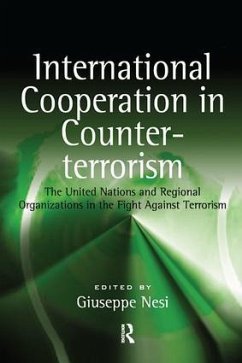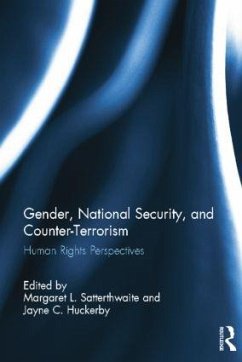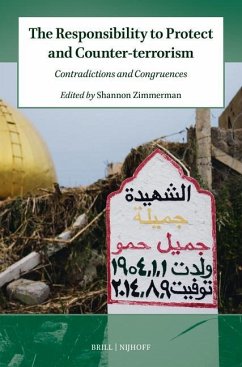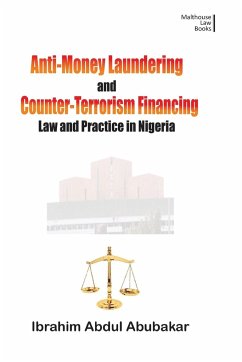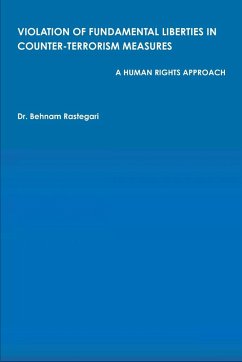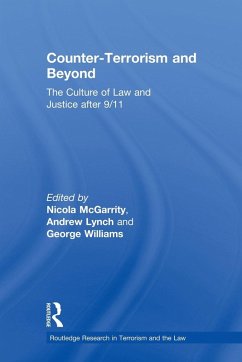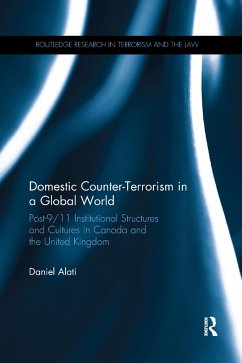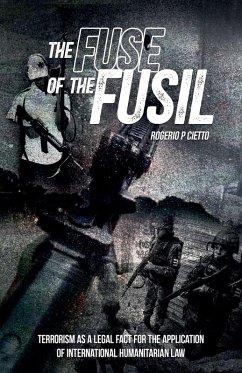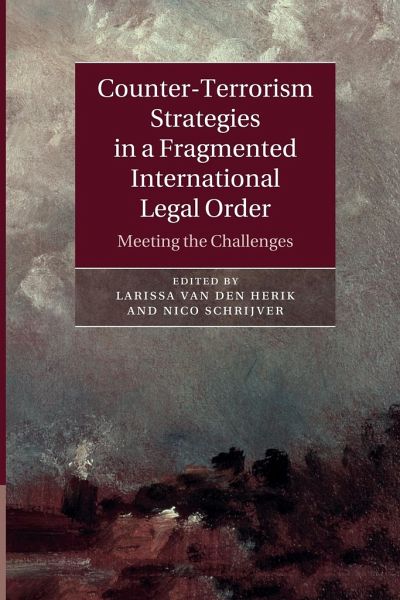
Counter-Terrorism Strategies in a Fragmented International Legal Order
Versandkostenfrei!
Versandfertig in 1-2 Wochen
64,99 €
inkl. MwSt.

PAYBACK Punkte
32 °P sammeln!
Few events have influenced our global order as intensely as the events of September 11, 2001. At various levels in the past ten years, persistent attempts have been made to address the threat of terrorism, yet there is still urgent need for a joint and coherent application of a variety of regulations relating to international criminal justice co-operation, the use of force and international human rights law. In an important contribution to international discourse, Larissa van den Herik and Nico Schrijver examine the relationship between different branches of international law and their applica...
Few events have influenced our global order as intensely as the events of September 11, 2001. At various levels in the past ten years, persistent attempts have been made to address the threat of terrorism, yet there is still urgent need for a joint and coherent application of a variety of regulations relating to international criminal justice co-operation, the use of force and international human rights law. In an important contribution to international discourse, Larissa van den Herik and Nico Schrijver examine the relationship between different branches of international law and their applicability to the problem of terrorism and counter-terrorism. Using a unique combination of academic perspectives, practitioners' insights and a comprehensive three-part approach, Counter-terrorism Strategies in a Fragmented International Legal Order offers sound policy recommendations alongside thorough analysis of the state of international law regarding terrorism and provides fresh insights against the backdrop of recent practice.





